PELUM Member Organizations

Africa Cooperative Action Trust (ACAT Lilima Swaziland): works to transform the lives rural vulnerable communities. ACAT uses participatory methods in her community development interventions. This is done in an effort to promote strong ownership by community beneficiaries for any intervention aimed at poverty reduction and increased impact of it’s work. With the growing HIV/AIDs incidence and high mortality rate in Swaziland, most traditional social safeguards are eroding; hence, mainstreaming of gender balancing and HIV/AIDS awareness training becomes critical to ensure people are empowered with relevant knowledge in their development efforts.
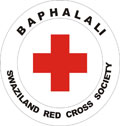
Baphalali Swaziland Red Cross Society: Is a local chapter of the International Federation of Red Cross. The International Federation of Red Cross and Red Crescent Societies (IFRC) is the world’s largest humanitarian organization, providing assistance without discrimination as to nationality, race, religious beliefs, class or political opinions. Their main aim is to inspire, encourage, facilitate and promote at all times all forms of humanitarian activities by National Societies, with a view to preventing and alleviating human suffering, and thereby contributing to the maintenance and promotion of human dignity and peace in the world. Swaziland Red cross society is an organisation that has been recognized of doing good work in relief, nature conservation and food security efforts among others. Their name “Baphalali” means those who bring emergency help.
![]()
Swaziland Adventist Relief Agency (ADRA): This is a local wing of the international organisation of the Seventh Day Adventist Church. In Swaziland, ADRA is registered as a Non-Government Organisation. ADRA works to develop communities through Food and clothing distribution, Building and renovating homes for the aged, helping needy people with school tuition, Christmas food hampers for vulnerable adults and children, School holiday camps for underprivileged children and free clinics for rural communities. The organisation works well with other community-based organisations to bring holistic development to rural communities. It recognizes that 70% of rural Swazi are small scale farmers.
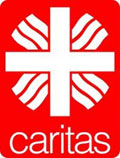
CARITAS Swaziland: was founded to empower communities and reduce chronic poverty in response to a bigger population living in poverty because of drought and disease. Since its inception, the agency has helped half a million people in a country with high unemployment and the highest HIV and AIDS rate in the world. CARITAS main areas of focus are conflict and disaster, Food Security, Development, Health and HIV and migration. Their programmes have reached many communities in Swaziland including small scale farmers.
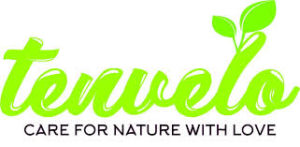
Tenvelo: is a small NGO that provides training, coaching and mentorship support to communities on activities and programs based on addressing the plight of marginalized groups of people. Programmes have an emphasis on eco-friendly go-green initiatives.

Swaziland Conference of Churches: The Swaziland Conference of Churches is the national umbrella organization for evangelicals in Eswatini. Its main objective is to continuously empower Member Church Organizations for the effective witness for Christ. In the past few years, the conference has stretched her wings to development and response to community needs. Their programme includes but not limited to community water installation and other community development initiatives in Eswatini.
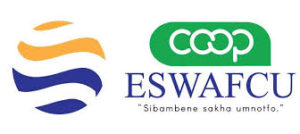
Swaziland Farmers’ Cooperative Union: This organisation was founded to bring together farmers and present a united front when it comes to issues affecting farmer. Their work includes; negotiating farm input prices, creating and find markets for their produce, as well as helping indigenous farmers to engage in profitable farming.
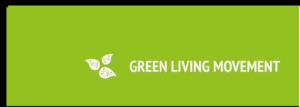
Green Living Movement (GLM): GLM Swaziland promotes sustainable community development to reduce poverty and to protect the environment. GLM Swaziland utilises the participatory working methods developed by the sister organisation GLM Zambia. GLM supports the environmental and social development of rural communities. The primary aim is to improve community livelihoods in an environmentally sustainable manner. Further, the organisation also uses a holistic approach, since a combination of interventions is often needed to respond to the immense development needs in rural areas. GLM has always used participatory and people-centred working methods. The aim is to provide the local people with skills and knowledge which enable them to influence the development of their own livelihoods and the broader community.

Swaziland National Agricultural Union (SNAU): is an apex body for farmers’ organisations in Swaziland. Their main aim is to be a voice for the farmers to ensure better services for the farming community. They help their affiliate farmers participate in bulk marketing, bulk production, and bulk purchasing. SNAU also ensures proper and timely information dissemination to its members. They also advocate for friendly policies that work for the betterment of the farmer.

Cornerstone Education Centre: this is a small organisation which focuses on creating opportunities and empowering young people. The organisation advocates for young people to be given a chance to participate in their own development and enhances their skills to actively participate in matters affecting their development.
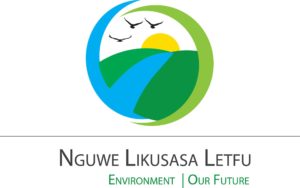
Nguwe Likusasa Letfu: is an NGO that seeks to promote responsible environmental practices and lifestyles within the Swazi nation through raising awareness and educating the youth. The aim of the organization is to have the youth cognizant of what is happening in the global scene on environmental issues and act locally.
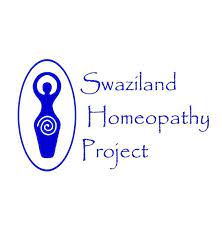
Swaziland Homeopathy Project (SHP): This is an NGO that provides affordable healthcare choices, education on nutrition and affordable food choices for health maintenance and prevention of disease, conservation of endangered medicinal plants, establishment of local urban organic sustainable farming and providing a market for this produce.
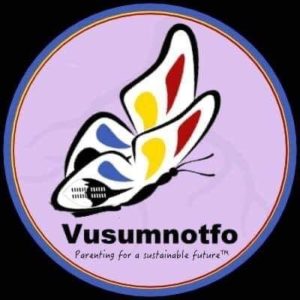
Vusumnotfo: Vusumnotfo, meaning “to restart the economy” in SiSwati, works with 17 communities in the northern parts of Swaziland. Their vision is to see communities sustainably developing their environmental, social and economic conditions. Additionally, their desire is to increase the capacity of individuals and families in order to be able to identify and pursue their own developmental objectives.
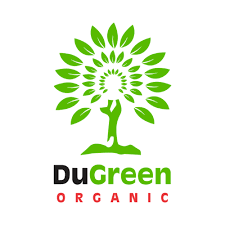
Du Green: Is a Manzini -based manufacturer and supplier of organic fertilizer that is made from combining different animal manures. Additionally, the company is also very active in lobbying and advocating for organic agriculture, the green movement, and against GMOs. Moreover, Du Green aims to be active in the rural communities, educating people, for instance, on the dangers of chemical fertilizers and GMOs.
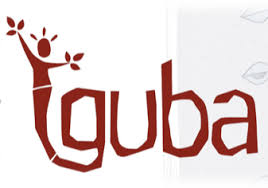
Guba: Guba, meaning “to dig” in SiSwati, is a local non-governmental organization founded in 2009. They aim to improve the quality of life of Swazis by promoting, teaching and supporting the 12 permaculture principles. Guba works with small groups at a local level focusing on homestead level impact in its projects.
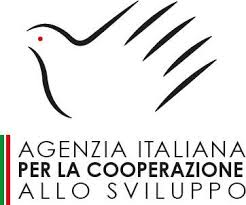
COSPE: is an Italian non-profit organization established in 1983, and recognised in 1984 as Non-Governmental Organisation (NGO) by the Italian Ministry of Foreign Affairs and the European Union. COSPE is active in the international cooperation field in about 30 Developing Countries with approximately 100 projects. In Swaziland, COSPE assists communities in upscale organic production by adding value to their products.
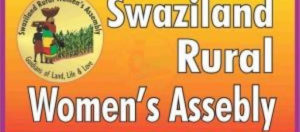
Eswatini Rural women’s Assembly (ERWA): The Rural Women’s Assembly (ERWA) is a self-organized network or alliance of national rural women’s movements, assemblies, grassroots organizations, and chapters of mixed peasant unions, federations, and movements across eight countries in the SADC region.
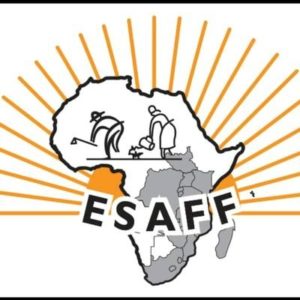
Eswatini Southern African Alliance (ESAFF): This NGO Is a network of smallholder farmers that advocate for policy, practice, and attitude change that reflects the needs, aspirations, and development of small-scale farmers in East and Southern Africa.

